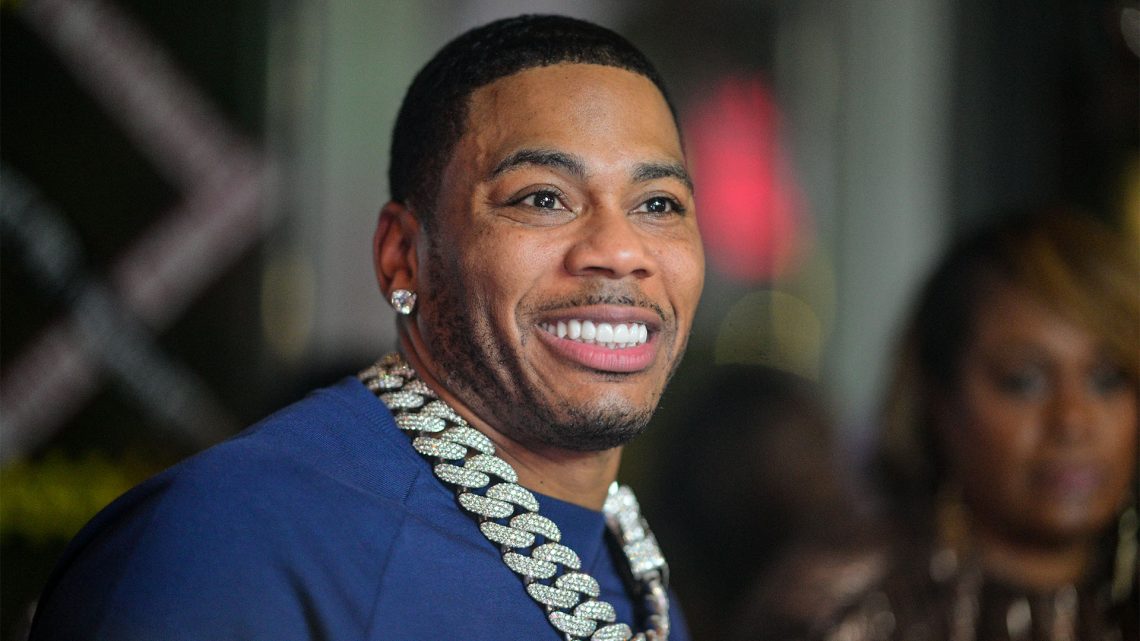Rapper Nelly is doubling down on his decision to sell his catalog.
As AFROTECH™ previously told you, the artist sold 50% of his catalog to HarbourView Equity Partners in 2023. The deal reportedly included singles such as “Ride Wit Me,” “Dilemma,” and “Hot in Herre” and was worth $50 million.
On a recent episode of “The Shop” podcast, Nelly discussed his decision to sell a portion of his catalog, explaining that it was a move to secure his equity and build generational wealth.
“You filtered both through both of those. You can never really sell anything like that forever. Technically a lease. So in like 30 years it comes back,” Nelly said on “The Shop.” “So, if I ain’t took the little 50 mil and made nothing happen in 30 years, then I need my ass whooped anyway. You hear a lot of people say, ‘I would never do it. I would never do it.’ Why wouldn’t you do it? That’s your equity, that’s your gold.”
He continued, “That’s why you would never have generational wealth because what you don’t understand is that’s what you’re vying for. Every time LeBron steps on that court, he’s doing the same thing with his body. That’s his equity.”
Nelly’s stance may provide insight into incentives by other major players in the music industry who have followed suit over the years. This includes record producer Dr. Dre, Future, and John Legend.
However, the sale of an artist’s catalog is not encouraged by all. Music executive Steve Stoute seems to think otherwise. During an interview on “Club Shay Shay,” he argues that the catalog is valuable and will become more profitable as technology advances.
“If I was an artist, I wouldn’t sell it if I owned my catalog,” Stoute explained on the show. “You can get a loan against it. Borrow against it, whatever. It’s very valuable. You can license it, but I wouldn’t sell it. It’s because what’s happening is, as technology changes, it keeps unlocking new value. So it was worth one thing, like when there was vinyl, and then all of a sudden, when CDs came, it became exponentially more valuable because everybody started rebuying it again.”
He added, “All of a sudden, you started buying Bob Marley’s greatest hits or Barry White’s greatest hits… People are reformatting the music in which they have it on or rebuying that new format. So it’s very hard. The guy who’s buying it is betting that the new format change is gonna only lead to more value over time. The person selling it is thinking it’s not.”





